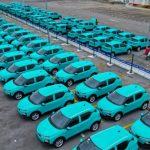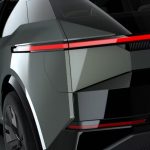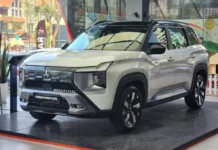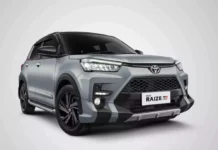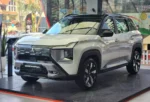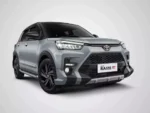In late June 2024, J.D. Power released the results of its Initial Quality Study (IQS) for the US market. For this study, J.D. Power combined data from dealership service repairs and customer feedback to calculate the number of problems per 100 vehicles in the first 90 days of ownership.
According to J.D. Power’s research, the average number of problems experienced by US customers in the first three months of ownership rose to 195 problems per 100 vehicles. The average for the mainstream car segment was 181 problems per 100 vehicles, while for luxury cars, it was 232 problems per 100 vehicles. This is not surprising, as luxury cars tend to be equipped with more complex systems and rely more on connectivity features. Fewer problems indicate higher vehicle quality.
“It’s no surprise that the introduction of new technologies has presented challenges for automakers in maintaining vehicle quality,” said Frank Hanley, Senior Director of Automotive Standards at J.D. Power. “However, the industry can take some comfort in the fact that some problem-prone features, such as voice recognition systems and backup cameras, have shown improvement over last year.”
The Least Problematic Auto Brands in 2024
J.D. Power’s research revealed that Ram was the brand with the fewest problems in the US market in 2024, with a result of 149 problems per 100 vehicles. This was followed by Chevrolet, another American brand, with 160 problems per 100 vehicles.
In third place was Hyundai with 162 problems per 100 vehicles. Kia, from the same group as Hyundai, took fourth place with 163 problems per 100 vehicles. The fifth spot went to Buick with 164 problems per 100 vehicles. Thus, the top 5 consisted of American and Korean brands, with Japanese brands notably absent.
The remaining five brands in the top 10 were Nissan (166 problems per 100 vehicles), Porsche (172), Lexus (174), Ford (179), and Honda (181). Porsche also took the top spot for the least problematic luxury brand in the US market for 2024.
Other brands that had fewer problems than the market average were Mini, Subaru, Genesis, Infiniti, Jaguar, Mitsubishi, Toyota, and Acura. Toyota’s relatively low ranking in this list is notable.

Ranking of automotive brands in the US based on the number of problems.
When it came to specific models, the Lexus LC had the fewest problems in the US market, with a result of 106 problems per 100 vehicles. Meanwhile, the Toyota Camry topped the midsize sedan segment in terms of quality. In the compact SUV category, the Chevrolet Equinox had the fewest problems. For subcompact SUVs, the Ford Bronco Sport was the model with the least problems, ranking above the Kia Seltos.
| Segment | Model with the Least Problems |
| Overall Market | Lexus LC |
| Small Car | Kia Forte |
| Compact Luxury Car | BMW 2-Series |
| Compact Car | Lexus IS |
| Midsize Car | Toyota Camry |
| Midsize Luxury Car | Genesis G80 |
| Luxury Sports Car | Lexus LC |
| Subcompact SUV | Ford Bronco Sport |
| Subcompact Luxury SUV | Lexus UX |
| Compact SUV | Chevrolet Equinox |
| Compact Luxury SUV | BMW X4 |
| Midsize SUV | Nissan Murano |
| Midsize Luxury SUV | Cadillac XT5 |
| Midsize Crossover SUV | Chevrolet Traverse |
| Midsize Luxury Crossover SUV | Cadillac XT6 |
| Large SUV | Chevrolet Tahoe |
| Large Luxury SUV | Infiniti QX80 |
| Midsize Pickup Truck | Hyundai Santa Cruz |
| Large Light Duty Pickup Truck | Ram 1500 |
| Large Heavy Duty Pickup Truck | Chevrolet Silverado HD |
| Minivan | Kia Carnival |
The models with the fewest problems in their respective segments.
Common Issues with New Cars in 2024
J.D. Power’s research indicated that electric vehicles tend to have more problems than traditional gasoline or diesel-powered cars. This contradicts the notion that electric vehicles, with fewer moving parts, should have fewer problems and require less maintenance than internal combustion engine vehicles. J.D. Power found that electric vehicle and plug-in hybrid (PHEV) owners had to visit service centers three times more often than gasoline or diesel vehicle owners.
This year, the average number of problems for gasoline and diesel vehicles was 180 problems per 100 vehicles, while for electric vehicles, it was 266 problems per 100 vehicles. According to J.D. Power, the quality of electric vehicles in the US market did not improve significantly this year. In particular, Tesla’s quality declined, with 266 problems per 100 vehicles after the removal of traditional controls for features like turn signals and windshield wipers.
Additionally, J.D. Power identified the following common issues with new cars in the US market in 2024:
Increasing False Alerts Cause Annoyance
Customers often don’t understand what the car is alerting them about, such as the passenger reminder system designed to prevent children or pets from being left in the car. Some customers mistakenly believed the alert was for seat belts. Others complained about alerts going off even when there was no one in the back seat.
Advanced driver-assistance systems (ADAS) also annoyed customers with inaccurate or bothersome alerts, such as the rear cross-traffic alert and automatic emergency braking while reversing.
Connectivity Issues with Apple CarPlay and Android Auto
Connectivity problems with Apple CarPlay and Android Auto remained in the top 10 issues with new cars. Customers frequently struggled to connect their phones to the car or experienced dropped connections.
In-Vehicle Controls are Difficult to Use
Features, in-vehicle controls, and screens were the second most problematic category in J.D. Power’s research, just behind infotainment systems. In electric vehicles, everything from seemingly simple features like windshield wiper and mirror controls to more complex smartphone app functions was extremely frustrating. The number of problems in this category for electric vehicles was 30% higher than for gasoline or diesel vehicles. This was made worse by Tesla’s recent decision to use steering wheel buttons for functions like the horn and turn signals, which was not well-received by Tesla owners.
Interior Odor
The problem of interior odor in vehicles has worsened since 2023. According to customer feedback, only Kia and Nissan improved in this area. Customers described the odors as coming from the heating, ventilation, and air conditioning systems.
This is the 38th year that J.D. Power has conducted the Initial Quality Study for the US market. The results for this year are based on responses from 99,144 purchasers and lessees of new 2024 model-year vehicles, surveyed after 90 days of ownership. The survey was conducted from July 2023 to May 2024.

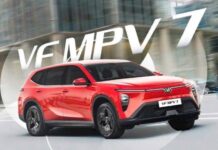
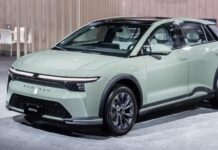
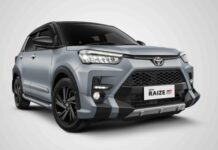
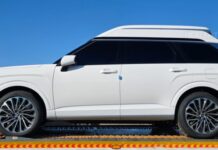



















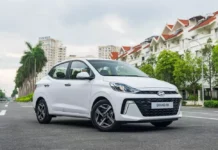
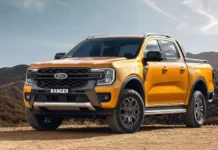
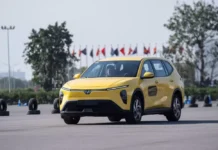
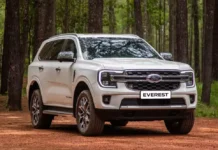
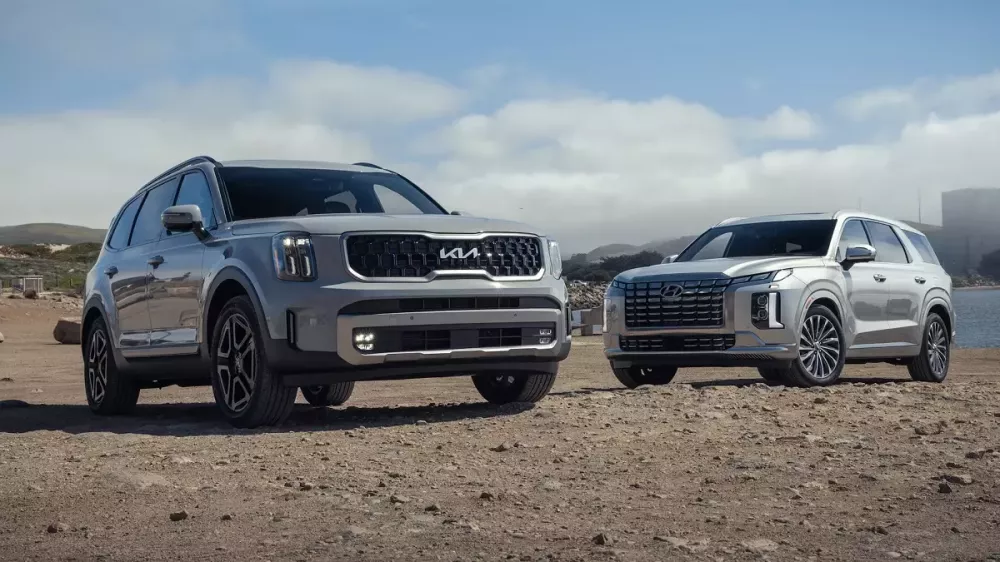
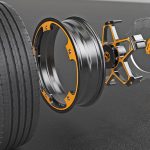
![[CAR REVIEW] Rolls-Royce Spectre: A Symphony of Luxury](https://vnauto.net/wp-content/uploads/2023/10/xehay-rrspectre-30082023-1-150x150.jpg)
